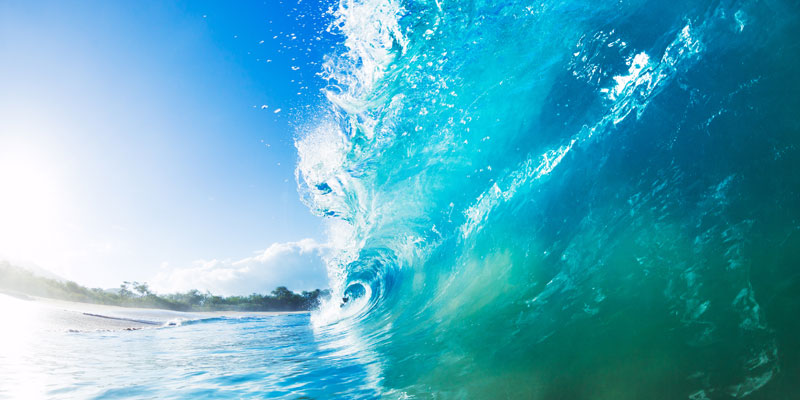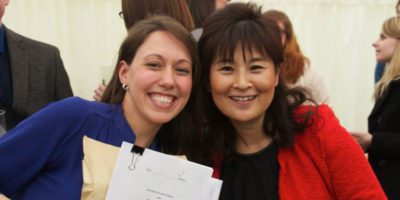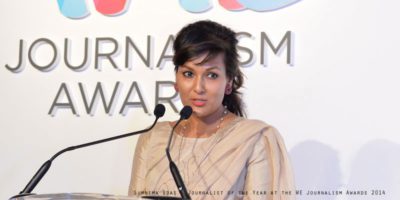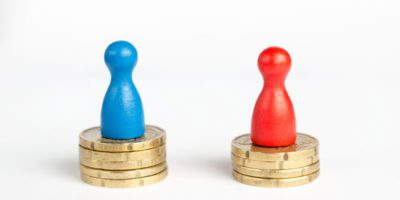Elena Manaenkova is Assistant Secretary-General of the World Meteorological Organization (WMO) in Switzerland, having taken up the post in 2010. Prior to this Elena was Director, Cabinet and External Relations and Director, Atmospheric Research and Environment at the WMO. Before this she spent 16 years as Scientific Secretary at the Russian Federal Service for Hydrometeorology, Scientific & Research Center Planeta
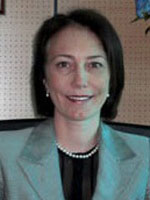
“…women are often the most powerful advocates of resilience…”
WMO Conference on Gender Dimensions of Weather and Climate Services
The conference on Gender Dimensions of Weather and Climate Services will focus in particular on climate change adaptation, disaster risk reduction, health, water and food security.
It will also discuss how to attract and promote more female scientists in meteorology and hydrology. As a global average, only one-third of professionals in meteorology and hydrology are women. Discussions will focus on what can be done to improve the situation.
Building a new pool of knowledge and skills
The conference, which takes place in Geneva from 5th – 7th November 2014, is co-sponsored by a wide range of U.N. and other partners to build a new pool of knowledge and tools.
Conference participants include experts from National Meteorological and Hydrological Services; U.N. agencies, academic institutions and civil society representatives; national authorities and country-level practitioners; and national and international women’s rights advocates.
Reaching out to women
We have made great progress in improving weather forecasts and climate services such seasonal outlooks to help protect lives and livelihoods, but if we are to help communities cope with long-term climate change and the anticipated increase in hazards like floods and heat-waves, then we need to do more to reach out to women with gender-sensitive services.
A better life through better access to information and knowledge
Good weather and climate services are essential for good decisions. In many rural communities around the world, women bear the most responsibility for household food and water supply. Better access to weather-related information and knowledge translates into a better productivity and a better life.
Women in developing countries are often more exposed to the risks of extreme weather because they can be less mobile than men, with less access to traditional means of communication. They are also more vulnerable to associated risks such as under-nutrition and water-borne diseases.
For instance, in the 1991 cyclone disasters that killed 140,000 people in Bangladesh, 90% of victims were women. Explanations for this include the fact that more women than men are homebound, looking after children and property. In May 2008, Cyclone Nargis came ashore in Myanmar. Among the 130,000 people dead or missing in the aftermath, 61% were female.
Their experience means that women are often the most powerful advocates of resilience. In the aftermath of disasters, it is frequently women who are the driving force behind hands-on recovery efforts.
The conference website is at http://www.wmo.int/genderconference/
High-level segments are being webcast at http://www.wmo.int/genderconference/
https://www.facebook.com/pages/World-Meteorological-Organization/71741701887

